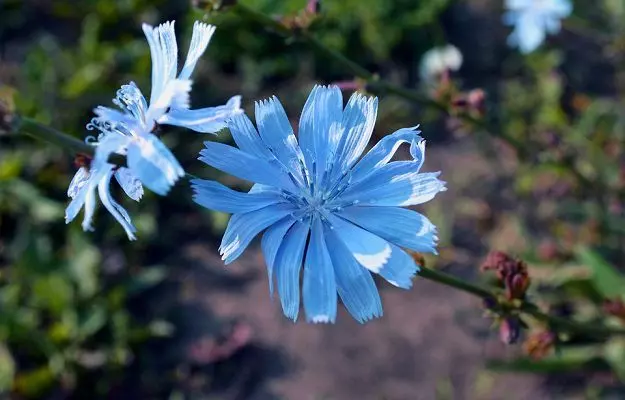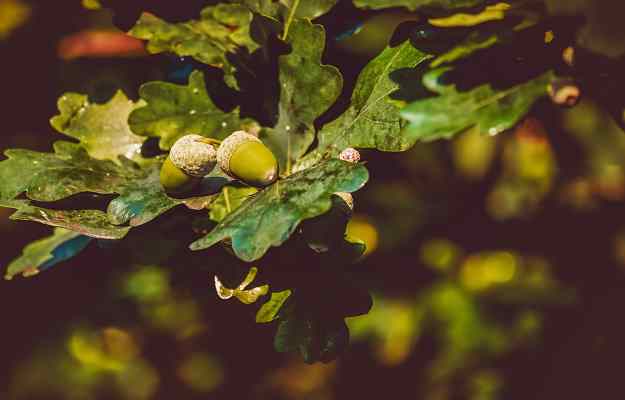Chicory is a perennial plant. It is best known for being a coffee substitute. The roots of this plant are roasted and added to tea or coffee, to give them a bitter taste. Those trying to reduce their caffeine intake sometimes add chicory in boiling water instead of coffee.
However, there is much more to the chicory plant than the coffee-like taste of its roots. Ayurvedic medicine considers chicory a liver tonic. The leaves of this plant are eaten as a vegetable and this plant is considered a purifier in some parts of the world.
Chicory plant is loaded with antioxidants and is hence considered to be highly beneficial for the management of various ailments.
Did you know?
The cultivated variety of chicory is sweeter than its wild variety.
Some basic facts about chicory:
- Botanical name: Cichorium intybus
- Common name: Chicory, Kasni (Sanskrit/Hindi)
- Family: Asteraceae
- Parts used: Root, flowers, seeds, leaves
- Native region and geographical distribution: Chicory is a native of temperate regions in the world. It grows in Europe, Africa and the USA. In India, the chicory plant grows wild in Punjab and Andhra and is cultivated in Kerala, Tamil Nadu, Gujarat, Maharashtra and Bihar.




























